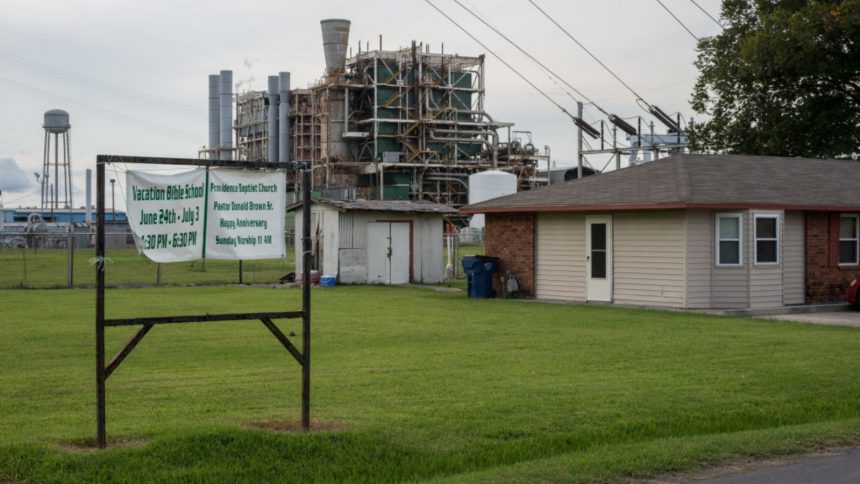Recently, a federal judge in Louisiana, appointed by President Trump, made a significant decision to block the Environmental Protection Agency and the Department of Justice from enforcing regulations based on “disparate impacts.” This ruling brings a culmination to a decade-long struggle. Title VI of the Civil Rights Act of 1964 allows federal agencies to take action against discriminatory policies, but the EPA had been neglecting most complaints related to this since its inception. After pressure from community groups and legal organizations like Earthjustice, the EPA finally began addressing civil rights complaints, including a probe into Cancer Alley, a region with severe pollution issues affecting predominantly Black communities along the Mississippi River.
Last year, negotiations seemed promising between federal authorities and Louisiana officials regarding Title VI complaints, but talks broke down, leading to Louisiana’s attorney general, Jeff Landry, filing a lawsuit against the EPA. This lawsuit challenged the agency’s use of Title VI and disparate-impact regulations, which could have wide-ranging implications on civil rights laws across the country. The recent decision by Judge Cain aligns with Landry’s arguments, limiting EPA enforcement actions in Louisiana based on disparate impacts.

Despite this setback in Louisiana, other states have also challenged the EPA’s use of civil rights law to regulate pollution in communities of color. This legal battle raises concerns about the future of civil rights enforcement in environmental justice. Should the EPA and the Department of Justice appeal the ruling? The decision leaves communities vulnerable to pollution from new industrial projects, highlighting the importance of civil rights protections across the nation.
These developments underscore the ongoing challenges faced by environmental justice advocates and the need for continued legal recourse to protect marginalized communities. The fight for Title VI protections in Louisiana reflects a broader struggle for equitable environmental policies nationwide.
Editor’s note: Earthjustice is an advertiser with Grist. Advertisers have no role in Grist’s editorial decisions.






